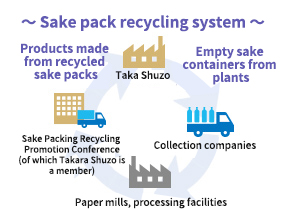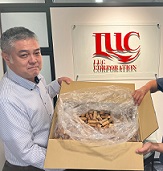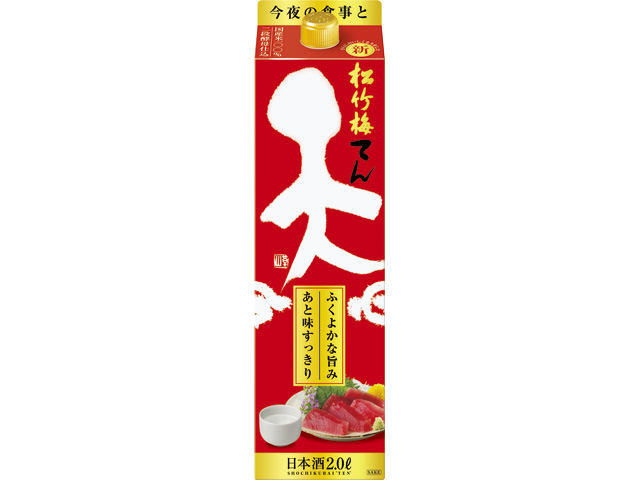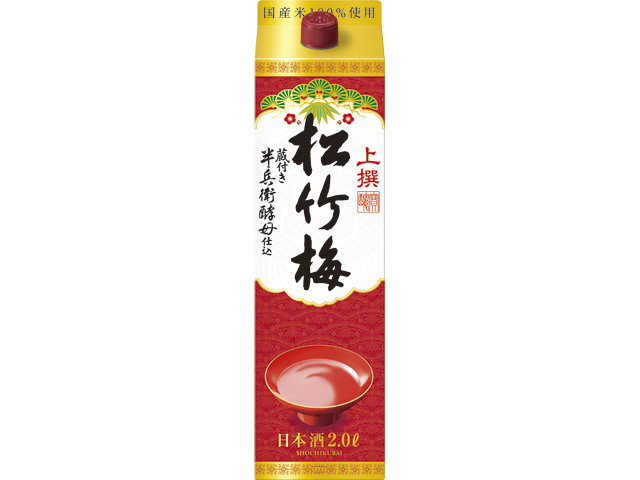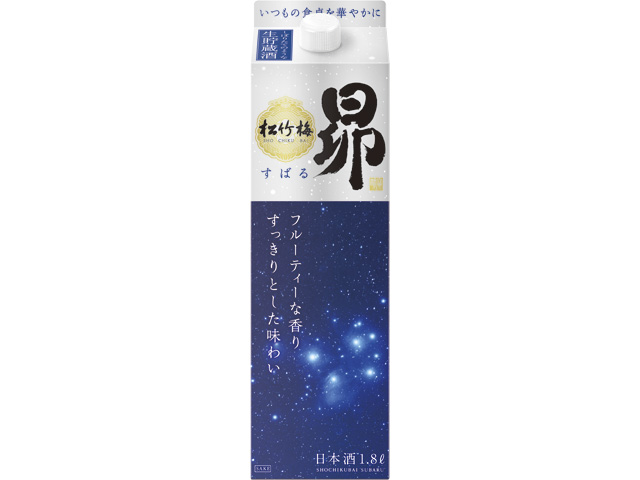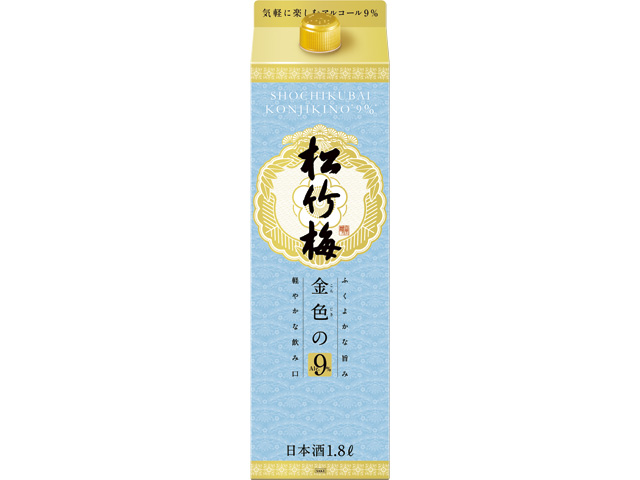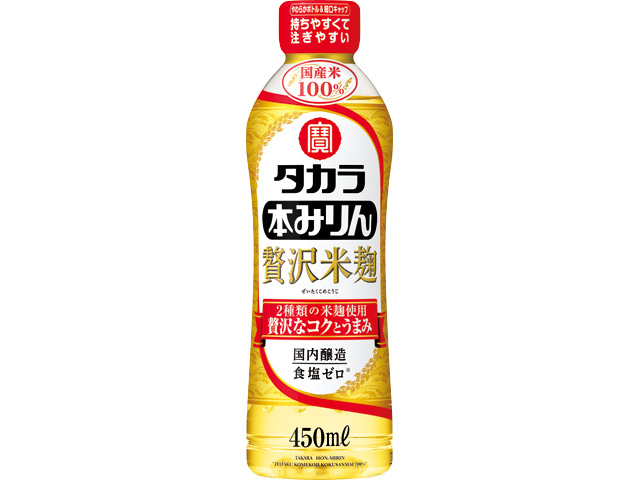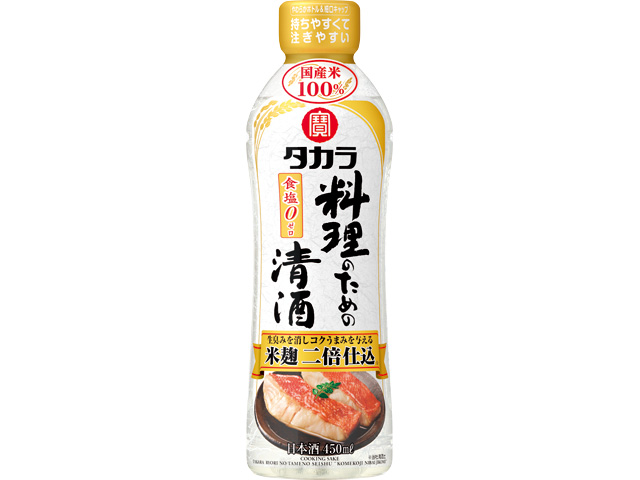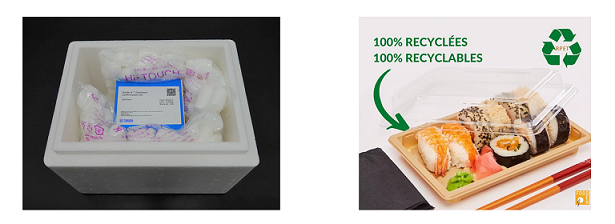Development of environmentally friendly products
Refuse
-
Sales of shochu by measure is a method of selling only the contents without using new containers.
Takara Shuzo delivers shochu in dedicated tanks directly from the factory to the retail stores. Customers bring their empty containers, such as PET bottles from home, to the shop and purchase the required amount of shochu by filling them. In this way, we have adapted the traditional practice of selling alcohol by weight to suit modern tastes.As of April 2025, our products are sold by measure at 85 stores and it is widely used in homes, restaurants, and other establishments. Customers appreciate it for aspects such as 'no container waste' and 'being able to purchase only the desired quantity'.
-
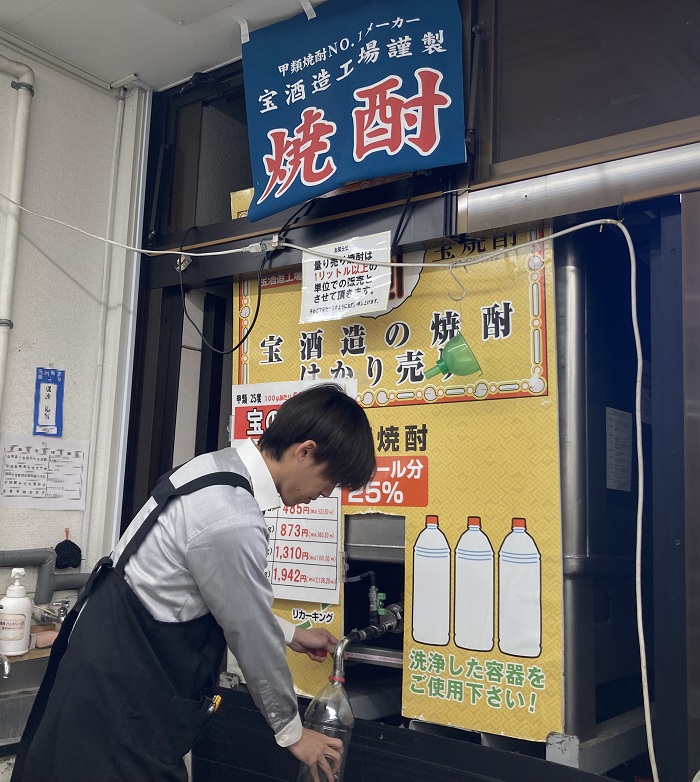
G&L mart Liquor King Tamachi
Reduce
Reducing the weight of containers can have environmental benefits such as reducing resource consumption during manufacturing and fuel use during product transportation.
For this reason, Takara Shuzo has been working on reducing the weight of various containers. In fiscal year 2002, we reduced the weight of Eco Pet bottles for shochu, and in fiscal year 2003, we reduced the weight of the 720 ml returnable bottle of Takara Shochu Jun. Furthermore, in fiscal year 2004, we adopted a super lightweight glass bottle for Takara Organic Hon-Mirin, which is approximately 30% lighter and about 100 g lighter than the conventional one. Since then, we have continued our efforts to reduce the weight of various containers.
●Examples of weight reduction
< Handle-equipped 4-liter shochu bottle >


Reuse
The use of returnable containers, including 1-sho (1.8-liter) bottles, is an effective way to conserve resources and reduce waste.
Takara Shuzo is one of the top users of 1.8 litre bottles in Japan, and is working to reduce its environmental impact by collecting and washing 1.8 litre bottles used for products such as the 1.8 litre bottles for the Shochikubai, Takara Shochu and Takara Hon Mirin, and reusing them.
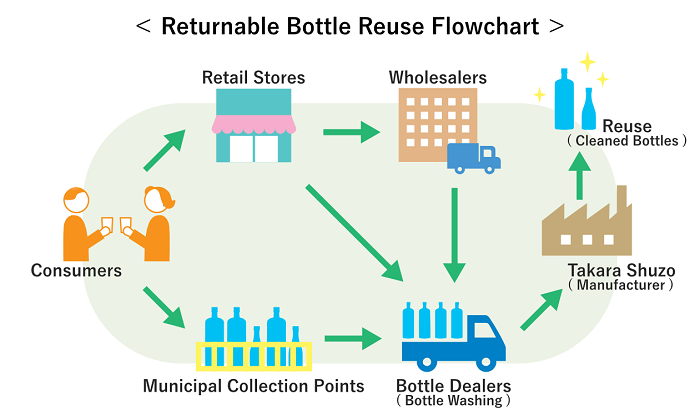
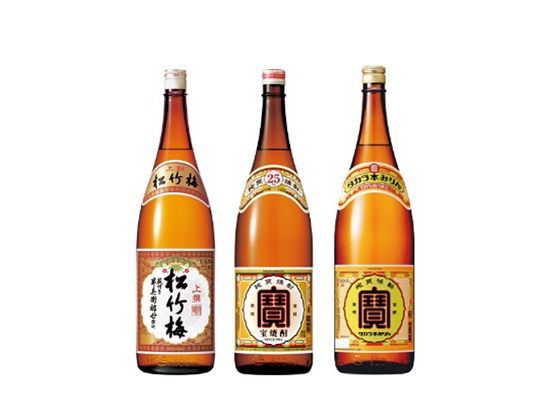
Recycle
Takara Shuzo developed the first PET bottles in the alcoholic beverage industry that fully comply with the “Voluntary Design Guidelines for Designated PET Bottles,” which were established in 1998 to increase recycling efficiency. Further, to make sorting easier for customers, we have been promoting recycling by adopting removable caps for hon-mirin and cooking sake in 1999, and pouch packs for Sho Chiku Bai Ten in 2011.
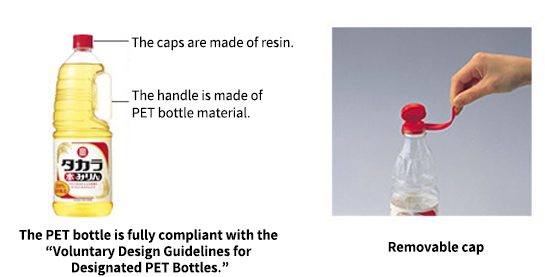

| Recycling of sake packs |
|---|
|
| Upcycling of wine and champagne corks |
|---|
|
Use of certified forest paper, biomass materials, etc.
The Takara Group has set targets for the ‘rate of use of forest certified paper*1 in paper carton products’ and the ‘rate of use of biomass ink in paper and resin labels’ in order to improve the recycling of resources towards the realisation of a sustainable society. The company has set targets and is actively introducing these targets. We are also adopting biomass*2 and renewable raw materials for product containers and labels.
● Use of forest certified paper
|
shochu (Japanese liquor similar to vodka) |
seasoning |
||
|---|---|---|---|
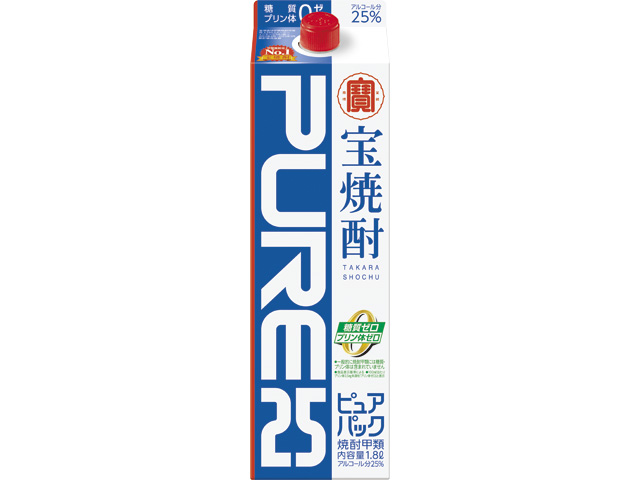 TakaraShochu |
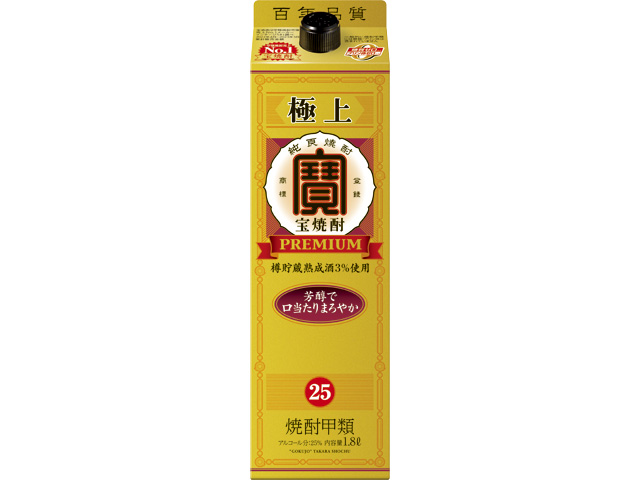 Gokujo |
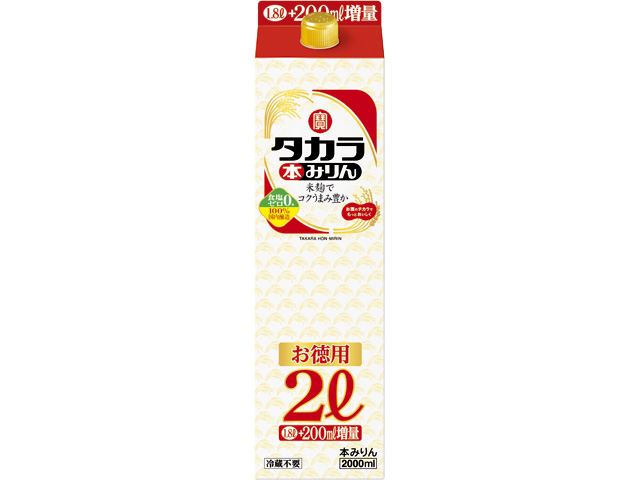 |
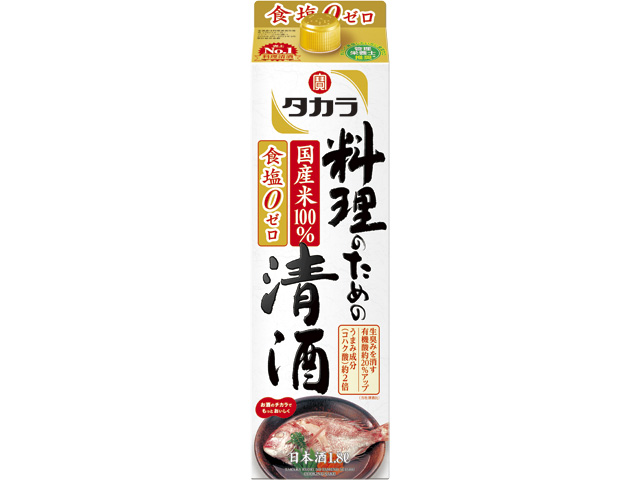 Takara |
● Use of biomass feedstock.
|
Japanese rice wine |
shochu (Japanese liquor similar to vodka) |
|||
|---|---|---|---|---|
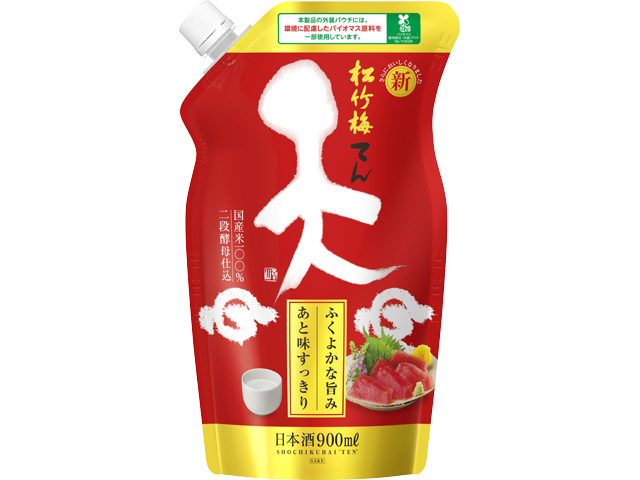 |
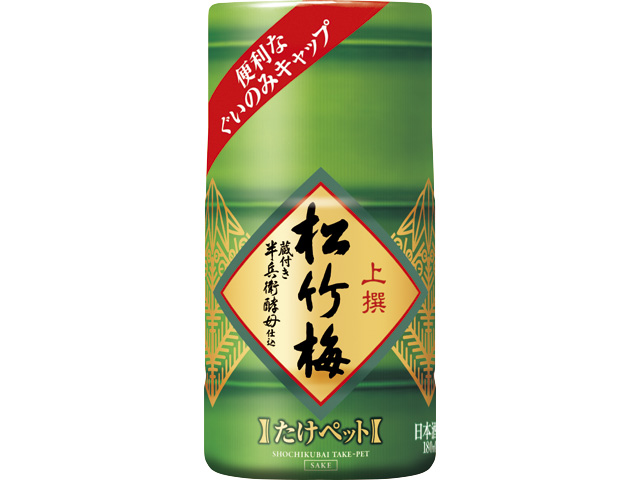 "Take" |
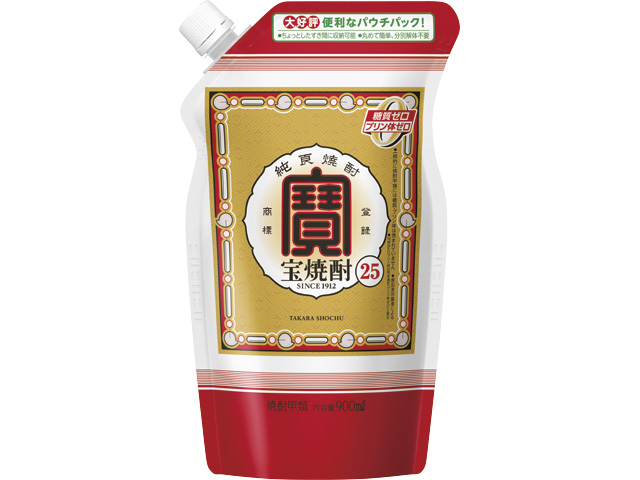 |
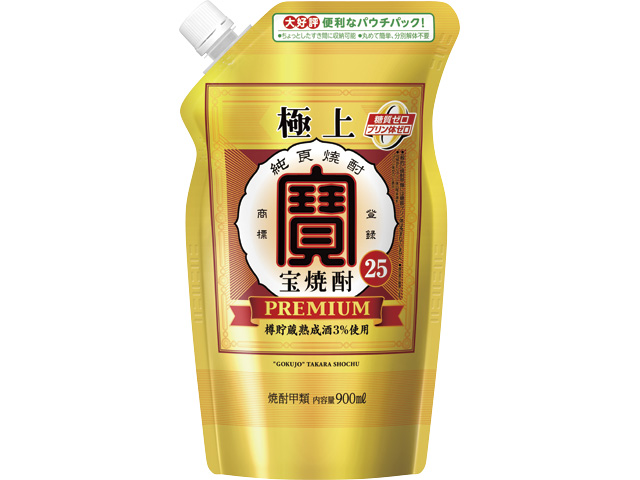 GokujoTakarashouchu |
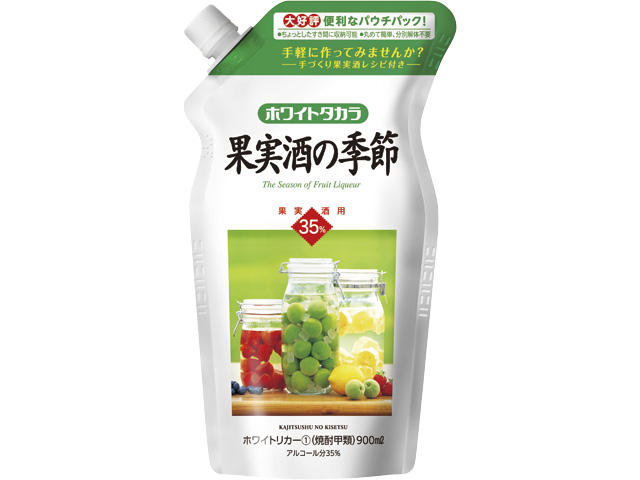 Whitetakara |
・Use of biomass ink for labels.
※1 Forest certification schemes are systems for the proper management of forests and the sustainable use and conservation of forest resources.
※2 Biogenic and renewable raw materials such as rice bran.
| Use of recycled raw materials |
|---|
|


